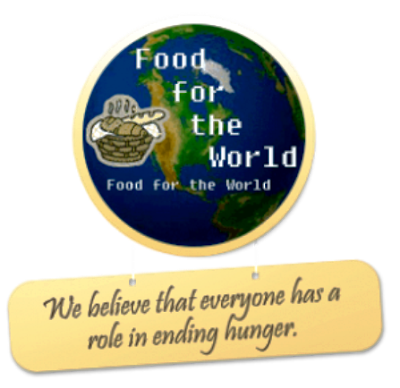How to Feed the World by 2050

PARIS, 28 February /PRNewswire/The planet is quantitatively capable of feeding its 7 billion inhabitants, though one billion people suffer from hunger and another 1.4 billion are overweight. This disequilibrium could even be greater by 2050, when we are expected to hit 9 billion people. Will the Earth be able to feed all these men and women when resources become scarce and climate change strongly threatens global food systems? This month, Marion Guillou, President of the French National Institute for Agricultural Research (INRA), and Gérard Matheron, President of the International Cooperative Centre for Agronomical Research for Development (CIRAD), have published The World’s Challenge, Feeding 9 Billion People.
Faced with this challenge, the book offers an optimistic response: Yes, it is possible to provide quality food to the 9 billion people who will be living on our planet in less than 40 years. However, in order to achieve this goal all stakeholders – farmers, politicians or ordinary citizens – must be mobilized as soon as possible to affect a profound change in current agricultural and food models.
To fight against hunger, the most urgent action is to tackle poverty, and in this matter there is a need to invest in agriculture. Innovation encourages increasing yields and the limitation of losses after harvests in rural areas where the majority of undernourished live. Researchers’ works will not prove efficient without policy action on food security; to mobilize emergency supplies in a situation of famine; to fight against excessive volatility that characterizes current food prices and equally impairs producers (when prices are too low) and consumers (when prices are too high).
The “produce more” motto will eventually give way to the “produce better” one. Given the strain on natural resources and space, the priority is to develop agricultures that are both productive and ecological. Again, innovation plays a key role, in terms of developing crops that are less demanding in inputs or to promote sustainable, viable and livable practices. It is also essential to do whatever it takes to reduce the losses and waste, which amounts to about one third of food at different stages: processing, distribution and final consumption.
We will need to favor healthy diets to prevent overnutrition and overweight. In this matter, all countries are concerned, developed countries, emergent countries, but also developing countries where two burdens coexist, poor access to food and obesity.
“Feeding the planet”. Colossal challenges hide behind this expression. The first task is to be aware of where we are heading. If this book can contribute to this awareness, it will already have fulfilled a part of its mission, says Marion Guillou.
This book tries to build upon the recommendations sent last December to the policy makers of the Commission on Sustainable Agriculture and Climate Change (CGIAR), chaired by Lord Beddington, and of which Marion Guillou is a member. While it is based on scientific studies, such as the Agrimonde foresight study conducted by INRA and CIRAD, the book is widely accessible for the general public.
Marion Guillou has served as Chief Executive Officer of the French National Institute for Agricultural Research (INRA) since August 2004; she was previously the Director General from 2000 to 2004. She also directs the Joint Programming Initiative “Agriculture, Food Security and Climate Change” which gathers 20 European countries and aims at creating a European research area in the fields of agriculture, food security and climate change. Marion Guillou chairs the Agreenium consortium, created in 2009, which unites French teams in research and in higher education in agronomy and veterinary science on an international scale. Born in 1954, doctor of physical chemistry, Marion Guillou is an engineer IGREF (Rural engineering, water, forestry).
M. GUILLOU and G. MATHERON, The World’s Challenge, Feeding 9 Billion People. Quae,. « Matière à débattre et décider », 2012. 232 pages. Order the book
This book is the translation of “9 milliards d’hommes à nourrir, un défi pour demain”, published in September 2011 (Editor- François Bourin)
Editions Quae Bourin logo
Press Relations (The book is available free of charge in PDF or hardcover for the press upon request)
Jeremy Zuber (INRA)
+33(0)1-42-75-91-69
presse@inra.fr
INRA News Office
+33(0)1-42-75-91-86
Tweet

Comments